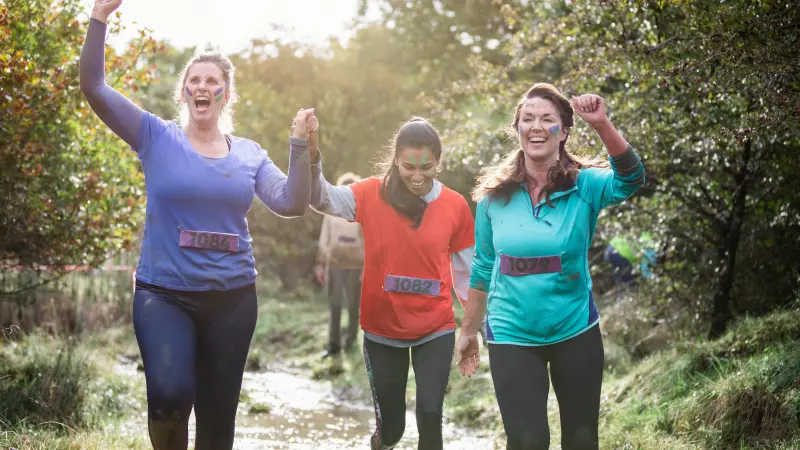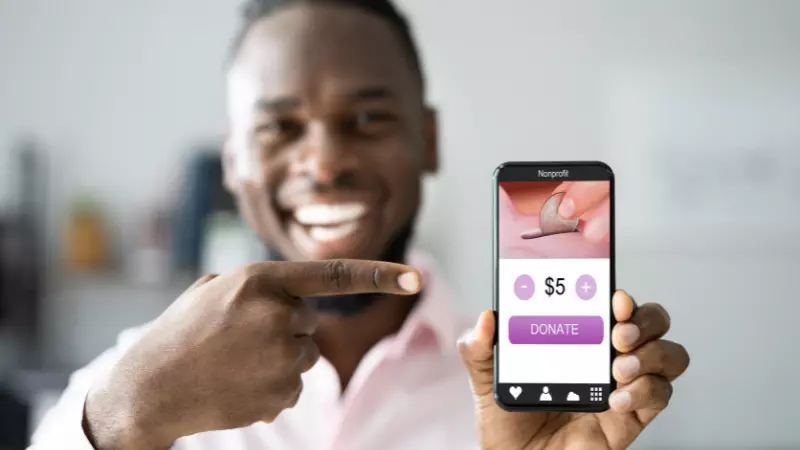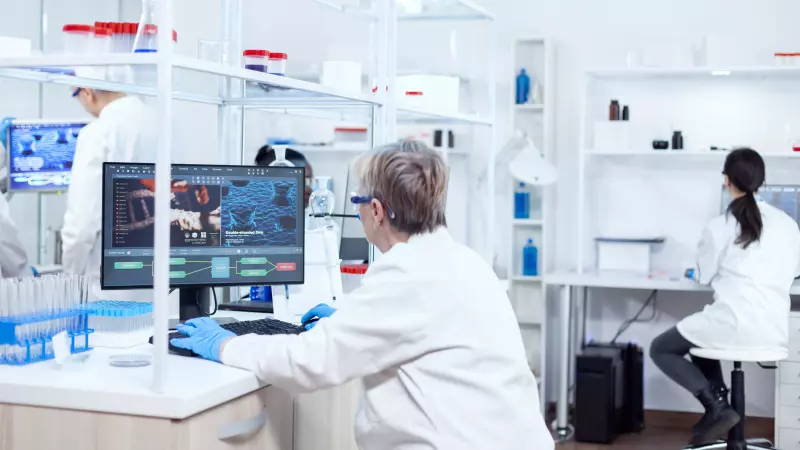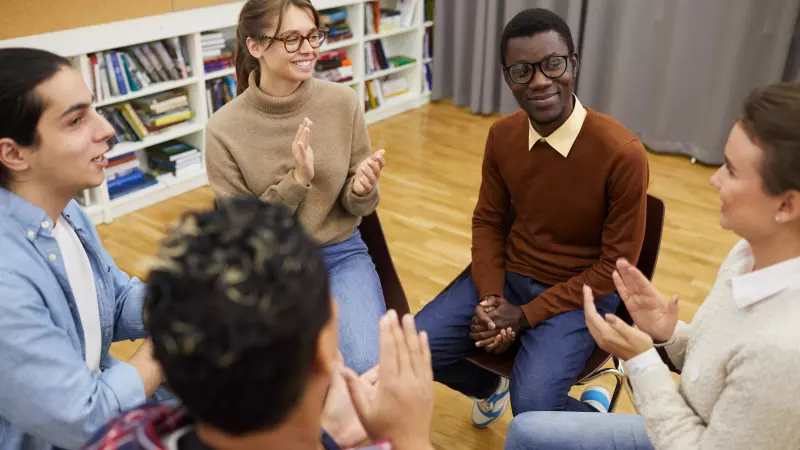There are so many ways you can make a difference to people with BHD. Whether that’s holding a fundraising event, taking part in research, or sharing your story - we would love for you to get involved.

Fundraising
You can help the BHD Foundation raise funds through Just Giving.

Donations
We are a charity. We rely on donations made from the public and partner organisations to run the BHD Foundation. Your kind donations can help change the lives of people who have BHD.

Get Involved with Research
Research into BHD is so important. The more we understand BHD, the more likely it is that we will discover new treatments and hopefully one day a cure. You can help accelerate research into BHD.

Other Ways to Help
There are so many ways you can make a difference to people with BHD. Whether that’s holding a fundraising event, taking part in research, or sharing your story - we would love for you to get involved.
